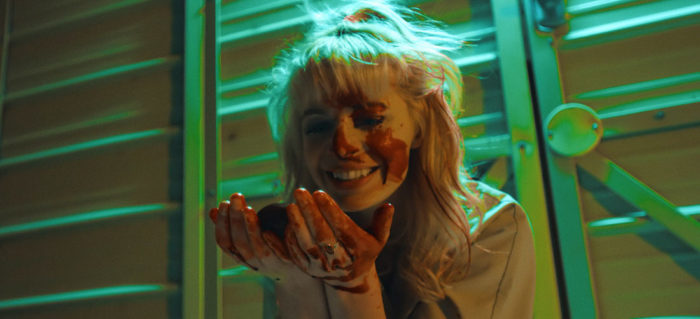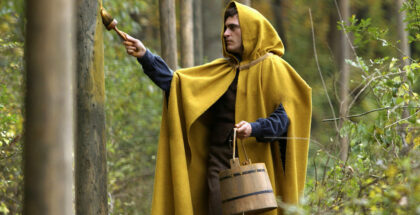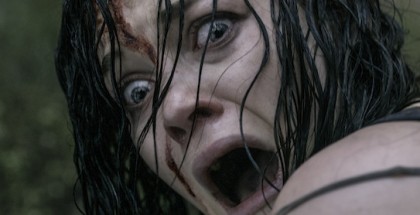VOD film review: 12 Hour Shift
Review Overview
Battis, Gamby-Turner and Farnworth
9Cynicism and farce
9Quiet empathy
9Anton Bitel | On 28, Aug 2020
Director: Brea Grant
Cast: Angela Battis, Chloe Farnworth, Nikea Gamby-Turner, David Arquette, Mick Foley, Kit Williamson
Certificate: 15
As its title suggests, 12 Hour Shift follows its protagonist through a single average working night. Except that Mandy (Angela Battis, May), looking in the film’s opening scene as though she has already been through her shift before it even starts, is an exhausted, put-upon, “grumpy-assed”, drug-addicted health worker with absolutely zero bedside manner – less Florence Nightingale than Nurse Jackie.
In cahoots with no-nonsense senior nurse Karen (the hilarious Nikea Gamby-Turner), Mandy moonlights as a supplier for an illegal organ trafficking scheme by expediting the deaths of the more vulnerable patients on her rounds. Accordingly, this night-shift chronicle offers “slice of life” in two different senses, as it mixes quotidian workplace naturalism with surgery scenarios of a more criminal kind.
Brea Grant is perhaps best known for her recurring rôle as Daphne Millbrook in TV’s Heroes, and for her more recent ascent to the scream queen throne in indie horrors like Beyond The Gates, Dead Night, Bad Apples, After Midnight and Lucky (which she also wrote) – but she is also proving to be an accomplished writer/director, with 12 Hour Shift a highly impressive follow-up to her 2013 directorial debut, Best Friends Forever.
On this one long dark night of the soul in Arkansas 1999, Mandy must deal with missing organs, the unhelpful involvement of her unhinged cousin-by-marriage Regina (Chloe Farnworth), a curious police officer (Kit Williamson), crippling cravings for opiates, a cop killer on the loose, a very determined gangster (Dusty Warren), and the emotional impact of her estranged brother Andrew’s comatose presence. It is a very full night – although we are left with the impression that it is just like any other, as Mandy faces every problem, setback or even threat to her life with the same eye-rolling, seen-it-all-before disdain.
Grant allows the ensuing farce to unfold with all the hijinks and higher tensions of a Coen brothers-esque caper – plus the odd musical interlude. At the same time, amid all the crazy nocturnal goings-on, the film remains a complex portrait of a downtrodden, damaged woman just trying to get through her day – and her double-shift – in one piece.
If, along the way, it manages to align viewers entirely to Mandy despite her cynical, often repellent conduct, that is down to the immense talent of both Battis and Grant for finding empathy buried deep in the most unexpected places. Mandy, Karen and Regina are three women who for the most part just could not care less about anyone or anything (beyond personal profit or the next fix), and whose escalating oh-so-bad behaviour is an anarchic, amoral joy to behold. On a ward, though, where the men tend to be either pathetic or predatory, and where the hospital chapel becomes a recurrent location, ultimately this fallen female trinity assumes the status of feminist icons through their solidarity, however reluctant, with each other in surviving the night.



















